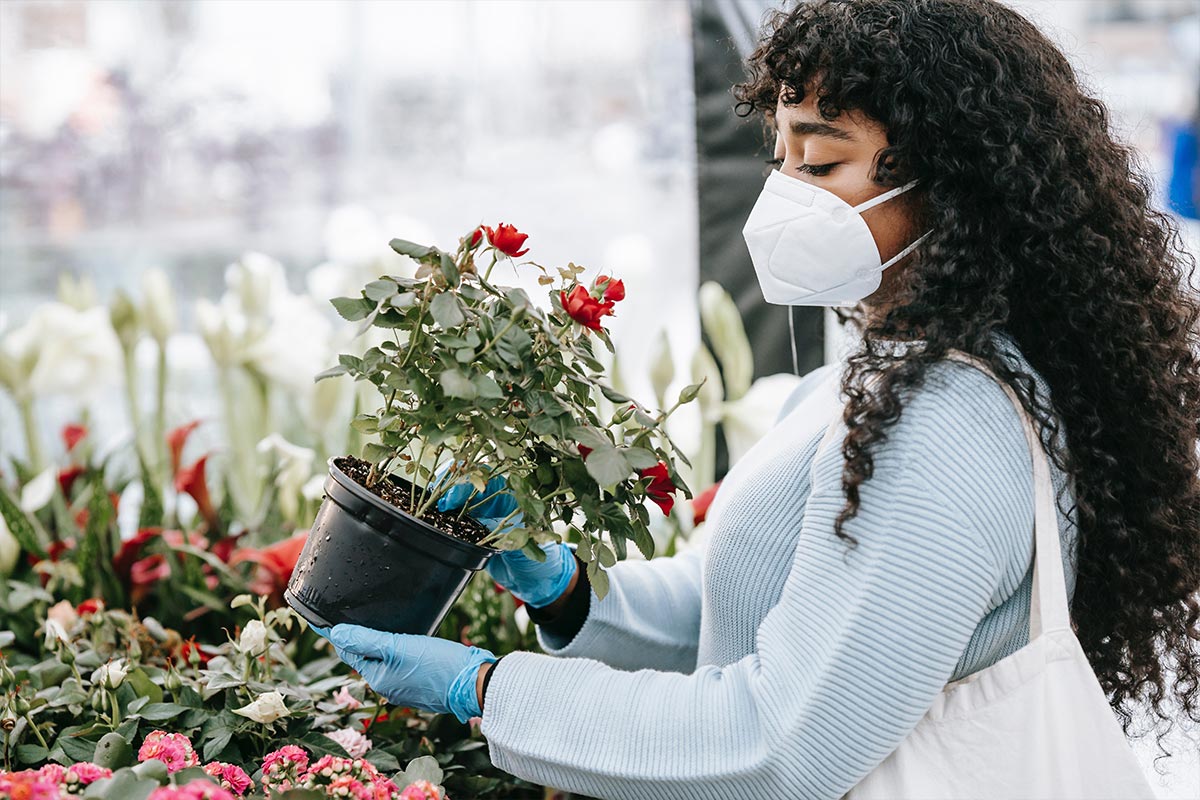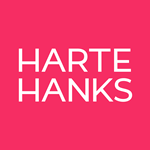
Yet survey reveals three out of four likely to start or end a relationship
A new study by Harte Hanks shows that as more vaccines are distributed, people are beginning to bounce back from lockdown fatigue and frustration. In addition to feeling more hopeful, survey respondents are not only ready to leave isolation, they may be ready to start looking for a new relationship or an end to an existing one.
The Harte Hanks survey reveals that when asked about their current emotional state of mind, respondents indicated they were at a 73 on a scale of 0 (being anger) to 100 (being joy). This score reflects a strong leaning towards a “hopeful” emotional state of mind for the first time in the past year compared to its September score of 64, which leaned to uncertainty.
“Hope is replacing negativity and will clearly drive behavior moving forward,” said Gretchen Ramsey, Chief Strategy Officer at Harte Hanks. “People are expressing a desire to resume some of their day-to-day routine and try new things—which may include a new relationship—while being mindful of the behavioral changes they want to uphold post-pandemic.”
Expectations for the impact of the vaccine in their lives are very high among those surveyed. Key findings of the survey include:
- Hope and joy replace hopelessness and negativity: There was a 44% increase in mindset of those feeling joy, and a 22% increase in those feeling hope since September. Conversely, there has been an 18% decrease in those feeling uncertainty, 27% decrease in feelings of fear, and a 45% decrease in feelings of anger since September.
- Women feel impact of she-cession: Women are more likely to talk about what’s been lost over the past year (e.g. jobs, economic opportunity) than men. Key concerns include the impact of schools being closed or only partially open; its effect on their child’s education; and the loss of jobs or career opportunities.
- M gen positivity could drive economic growth: Millennials are feeling a significant increase in hopefulness and positivity. They are 24% more likely to feel optimistic about business travel; 23% more optimistic about their finances; 16% more optimistic about their mental health; and 15% more optimistic about their shopping habits than other population segments.
- Ready for new things: Whether it’s a new relationship, new product or new experience, survey respondents are ready for new things in their lives. In fact, 42% say they are much more likely to try new things than they were a few months ago, representing a 17-point increase from the most recent study findings in the fall.
- Healthy body, healthy mind: More than half of respondents want to exercise more and eat healthy (57%) and are looking for new ways to keep their family healthy (56%). Another (41%) are hopeful that the vaccine’s rollout will enable them to improve their mental health.
- The human touch: Roughly a third of respondents want to be kinder to people around them (35%); get more sleep (35%); keep in closer touch with friends and family (34%); and stand up for what they believe in (31%).
- The simple pleasures and a return to routine: Respondents are looking forward to doing everyday activities post-vaccine including visiting a barber or hair salon (50%); eating out at a restaurant (46%); going to the office everyday (44%); shopping at the mall (38%); and no longer working at home (37%).
When it comes to brands, a third (35%) of respondents believe that the pandemic has made them much more mindful of the brands they choose. When it comes to brand selection, quality (76%) and affordability (70%) have become table stakes for customers. Also ranking high are brands that are reliable (68%), honest (56%), and protect people’s health (40%) which may be why certain brands like Target, Teladoc, and Amazon continue to rank highly among customers.
“Relationships, whether with people or brands are up for grabs in the post-vaccine society,” says Ramsey. “If you don’t nurture them, they could quickly rebound into a new, more loving one pretty quickly.”
About the study
The survey findings were based on the fifth wave of the Harte Hanks Behavioral Index™, a global initiative conducted on a quarterly basis since the beginning of the pandemic to uncover emerging behavioral shifts that influence consumer behavior. The ultimate goal is to help brands understand how to best meet their consumers’ needs.
The Index was developed using a proprietary method that evaluates brands on a set of criteria, such as Empathy and Action – both ways to serve consumers. The latest wave is based on 500 million global social conversations with 2,600 people surveyed, 20,000 global stories and 2 million semantic artifacts.
See the full press release on PR Newswire




